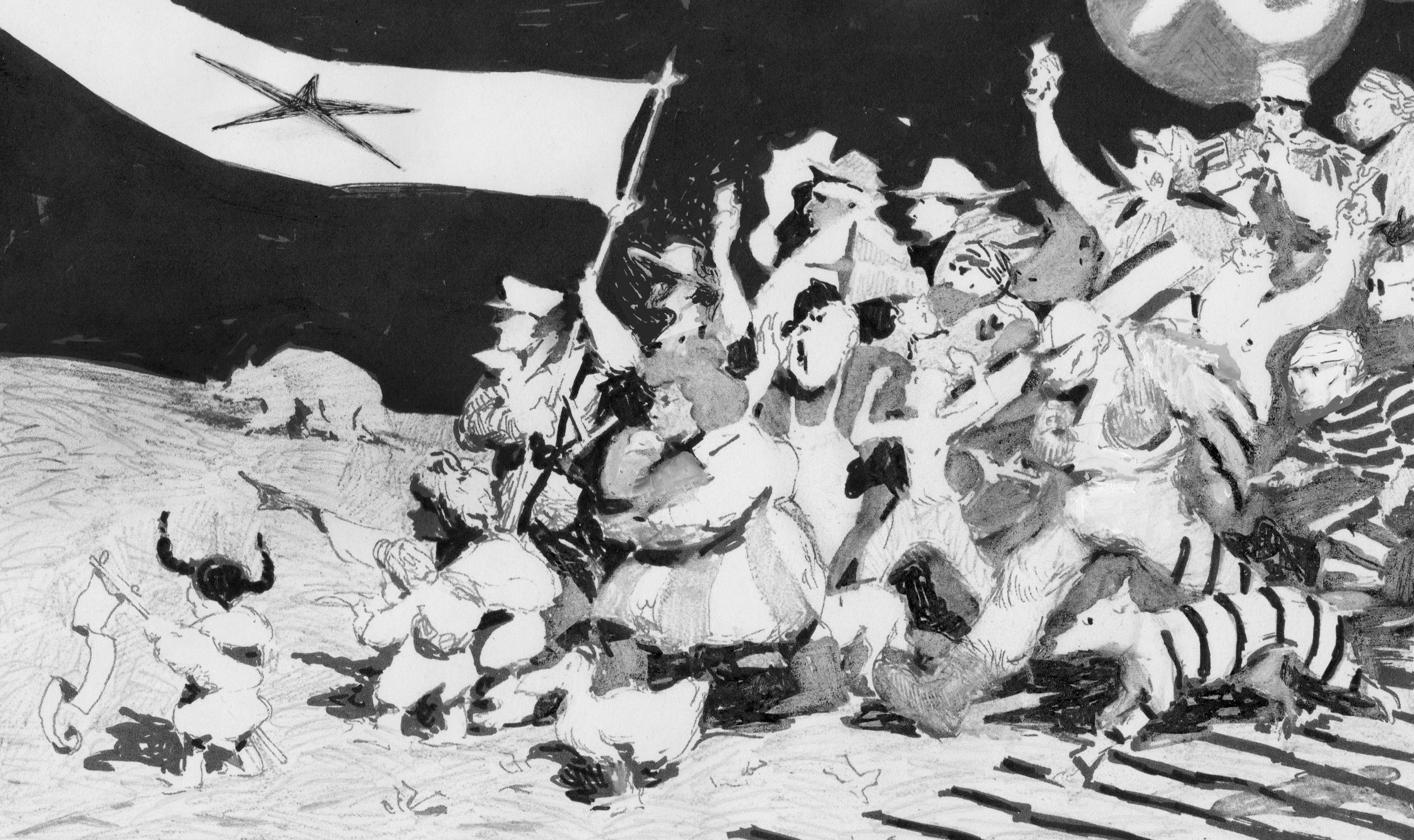DEMOCRACY OVER OLIGARCHY
By Ellina Yin | Art By Tareanoctura
Oligarchy (n): a form of government in which all power is vested in a few persons or in a dominant class or clique; government by the few.
What is the role of government and the politicians elected to lead it? While opinions may vary, the core purpose is simple: to serve us—the people. It marked a deliberate departure from the era of kings and lords, rooted in the idea that power should belong to the many, not the few. But the U.S. of today looks vastly different from 1776. For nearly 250 years, civic education and access to democratic processes have remained largely in the hands of those with inherited knowledge—passed down through families, elite networks, and privileged institutions. This historical imbalance has shaped who feels entitled and equipped to engage with the systems that govern us all—until now.
A movement is rising in San José—driven by youth, changemakers, marginalized communities, and a handful of bold politicians. But how do we push back against a top-down oligarchy? The answer lies in a bottom-up approach, starting at the most local levels of government: City Council, County Board of Supervisors, School Boards, Water Districts, and the many boards and commissions that shape our daily lives. Demanding change is one thing—actively participating in it is another.
I’m not here to preach about running for office—though, yes, that’s important, too. Instead, I want to focus on something more fundamental: direct, regular civic participation.
Think of it as tending a garden. Each year, you plant seeds—ideas for programs and policies. Some sprout, others don’t, and that’s normal. You pull the weeds by showing up to meetings, staying engaged, and holding decision-makers accountable. You water your garden with time, effort, and financial support. But here’s the key difference: you are the sun. Your energy and focus determine whether those seeds grow into something real—policies, programs, and laws that nourish both yourself and your entire community.
Just as a thriving garden depends on diversity—flowers, pollinators, and rich soil—so does a healthy democracy. For the U.S. to nurture a robust garden of democracy, we need a diversity of voices and lived experiences shaping its growth. Whether it’s ensuring access to clean water, safe food, libraries, healthcare, or public services, we must plant and nurture what our communities need—not just to survive but to thrive in the pursuit of happiness.
Civic participation is one of the most powerful forms of community service, but for many, it remains out of reach. After all, a privileged few can show up at City Hall at 1:30 pm on Tuesdays. So how do we start?
We begin with those who can serve their community. These individuals will help pave the way for others, much like the first gardeners who lay down accessible walkways, build resting benches, and plant trees for future shade. Democracy is a team sport, and many hands make light work. You don’t need an entire soccer team right away; a half-dozen people consistently attending and participating in their local Planning Commissions will suffice.
Like a soccer team, sometimes you advance to championships, sometimes you don’t. But with practice, persistence, and community support, you sharpen your skills, grow stronger, and improve your chances of winning real change.
Civic engagement is about actively participating in shaping what we want to build with our government—elected representatives (project managers), city and county staff (labor), and tax dollars (resources)—all working towards the collective good. This includes everyone who has pledged allegiance to this country and democracy and those visiting, seeking refuge, or residing here temporarily. Being non-citizens does not imply consenting to violate anyone’s human rights.
